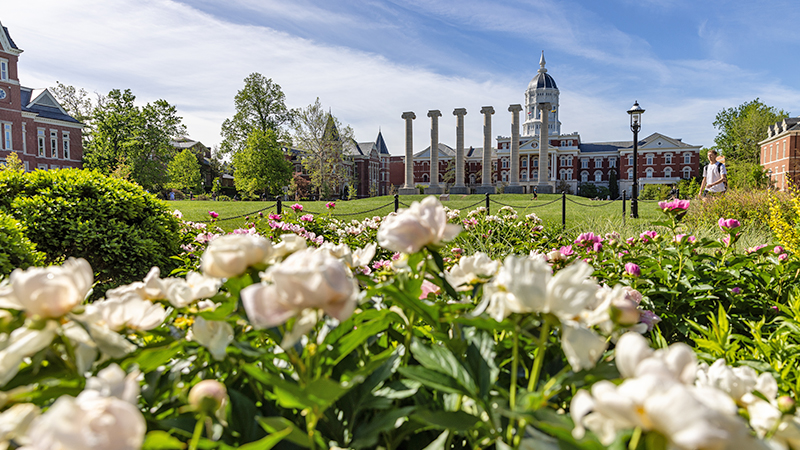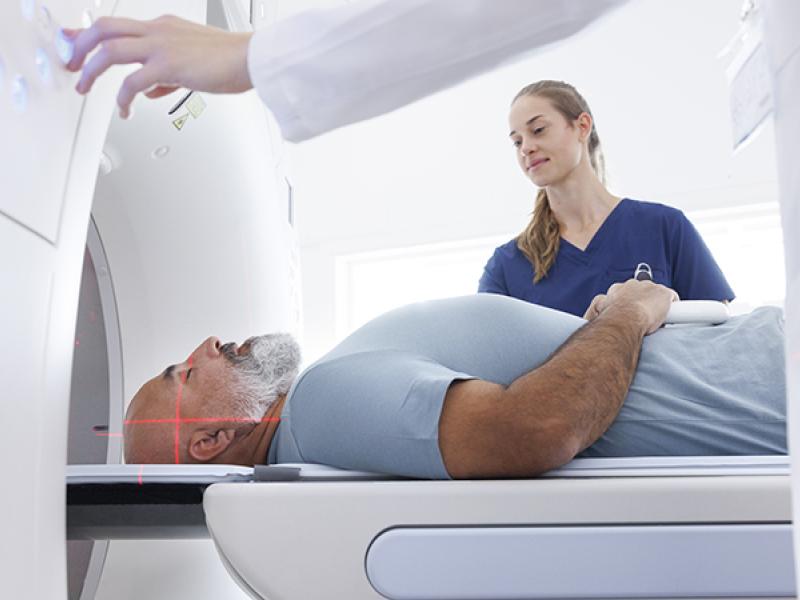
Three proposals from the School of Medicine recently received funding as part of a $5 million MizzouForward investment in student success. It marks the second investment by University of Missouri leadership. President Mun Choi first announced more than $4 million in awards to fund projects to support student success in March 2022.
The newest investment will support 75 new student success projects, including the following projects at the medical school:
Graduate Research Education
This project will create a user-friendly smart device application to match students and faculty both seeking to broaden their medical research experience. Students who are aspiring to gain research exposure will be matched with faculty wanting to mentor or hire them on their respective projects.
“Our project is hoping to advance the research experience by building an application for ‘research matching’ that is easy for everyone to use and update,” said Bartlett-Esquilant. “We will leverage the computer engineering, artificial intelligence and health information technology expertise available at MU to ultimately create this app. Our goal is to facilitate faster access to a student’s research exposure, while allowing faculty to recruit and maintain productive research teams.”
Robin Dianics, Associate Director Research Administration
Ellis Fischel Cancer Center
This groundbreaking initiative at the Ellis Fischel Cancer Center (EFCC) will strategically integrate first-year undergraduates into the research community from the outset of their academic pursuits. Targeting exclusively first-year students who are Missouri residents, this new program will offer invaluable, hands-on research opportunities that are designed to influence the future direction of cancer therapy and diagnostics.
“Meshing freshmen into the summer undergraduate research experience at EFCC not only enhances their academic journey from the start, but will also offer real-world research opportunities as part of our commitment to fostering early interest in oncology research,” said Hildebrandt. “This initiative affirms our commitment to cultivating the next generation of researchers who will lead and advance the fields of cancer therapy and diagnostics.”
“By investing in cancer research training opportunities like this, we position EFCC alongside the elite, NCI-designated cancer research institutions, which prioritize innovative education and transformative cancer research opportunities,” said Dianics.
Joseph Griffin, Adroit Studio Director
Biochemistry & Information Science and Learning Technologies
This project will create an educational computer game titled, Emergence, allowing students to explore an interactive, 3D, multi-scale worlds of molecular biology and metabolism. Emergence will introduce play-to-learn exercises in biochemical topics that aren’t feasible in traditional lecture slides and textbooks. The goal of this new approach to teaching biochemistry is to ignite students’ curiosity and foster deep understanding of the subject matter, ideally paving the way for their future careers in science, technology, engineering and mathematics.
“This latest MizzouForward investment has helped launch development of the prototype of Emergence and will aid in medical understanding, admissions and MCAT performance,” said Van Doren. “Biochemistry prep will soon become livelier.”
“This opportunity is exciting because it gives us a chance to revolutionize how students approach Biochemistry,” said Griffin. “Through Emergence, we're not just teaching, but we're also providing students an immersive experience to explore and interact with a microscopic ‘Cell City’ that will provide rapid feedback, visualization tools and abundant practice opportunities.”





